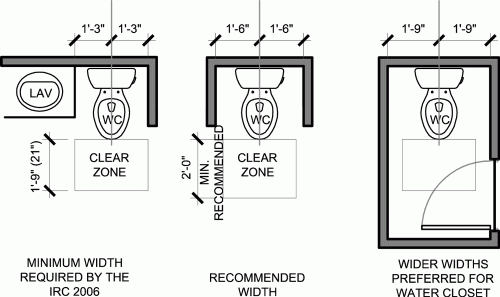HUD Financing and Davis-Bacon Wages: Costs, Compliance, and the Modular Advantage
Developers often pursue financing through the U.S. Department of Housing and Urban Development (HUD) to support affordable housing construction. HUD financing provides valuable tools for funding, but it also comes with requirements—most notably, compliance with Davis-Bacon wage laws.
Understanding Davis-Bacon rules and how they apply can significantly influence a project’s bottom line. Fortunately, modular construction offers a compelling strategy for cost savings while staying compliant.
What Is Davis-Bacon?
The Davis-Bacon Act, enacted in 1931, requires payment of local prevailing wages for workers on federally funded projects. It aims to protect construction laborers from low wages by mandating fair pay standards.
Any project receiving federal funds over $2,000 must follow these wage requirements. HUD-financed housing projects fall squarely under this mandate. These projects must comply regardless of whether they involve new construction, rehabilitation, or alteration.
When Does Davis-Bacon Apply?
Davis-Bacon applies to many on-site labor activities, including:
-
Excavation
-
Concrete foundations
-
Framing and structural work
-
Roofing and siding
-
MEP (mechanical, electrical, plumbing) installation
-
Site grading and landscaping
-
All other site-based construction labor
Davis-Bacon does not apply to offsite manufacturing or purely supply-chain activities—this distinction creates important opportunities for modular construction.
The Cost Premium of HUD Financing and Davis-Bacon Wages
Projects subject to Davis-Bacon generally cost more than projects that are not. This is because prevailing wage rates often exceed private market rates.
According to HUD and industry research, Davis-Bacon compliance increases total labor costs by 10–25%. This premium includes not just wages, but also required reporting, record-keeping, and compliance audits.
Contractors must pay workers wages based on published wage determinations, submit certified payroll, and comply with oversight. These requirements add to the administrative and financial burden.
Modular Construction as a Cost-Saving Strategy
Modular or offsite construction provides a strategic workaround to Davis-Bacon cost burdens. When built offsite in a factory, modular building components are treated as products—not labor services.
Since Davis-Bacon applies only to construction work performed “on the site of the work,” factory labor typically falls outside its scope.
This means that developers can:
-
Build entire units offsite
-
Avoid Davis-Bacon wages for factory labor
-
Reduce on-site construction timelines
-
Lower total construction costs
Because factory-built modules arrive nearly complete, the amount of on-site Davis-Bacon labor is significantly reduced. Site work such as foundation prep, module setting, and utility hookups remain subject to Davis-Bacon. However, these represent a much smaller portion of the total labor.
Regulatory Support for This Interpretation
HUD and the Department of Labor have clarified that modular components built offsite are considered “products” rather than services. As long as construction occurs away from the job site, and no installation takes place at the factory, Davis-Bacon does not apply.
Developers must still carefully document their process and confirm compliance during planning.
Design and Compliance Planning with EVstudio
EVstudio works with clients from the earliest planning phases to ensure compliance and cost efficiency. Our integrated team of architects and engineers collaborates closely with contractors, legal teams, and modular manufacturers.
We have experience with both HUD financed projects as well as modular projects, and understand how to balance compliance with innovation.
We also know how to maximize offsite construction to avoid unnecessary labor premiums while delivering high-quality affordable housing.
Conclusion
Davis-Bacon wage rules play a critical role in federally funded housing projects. However, they also increase project costs through required wage rates and compliance procedures.
Offsite modular construction provides a valuable tool to reduce those additional costs. By shifting labor from the field to the factory, developers can improve efficiency, speed up construction, and control expenses.
EVstudio is proud to support modular housing solutions that make affordable housing more accessible and cost-effective.
Learn More:
For more information about modular HUD projects or Davis-Bacon design planning, contact EVstudio’s expert team today.










